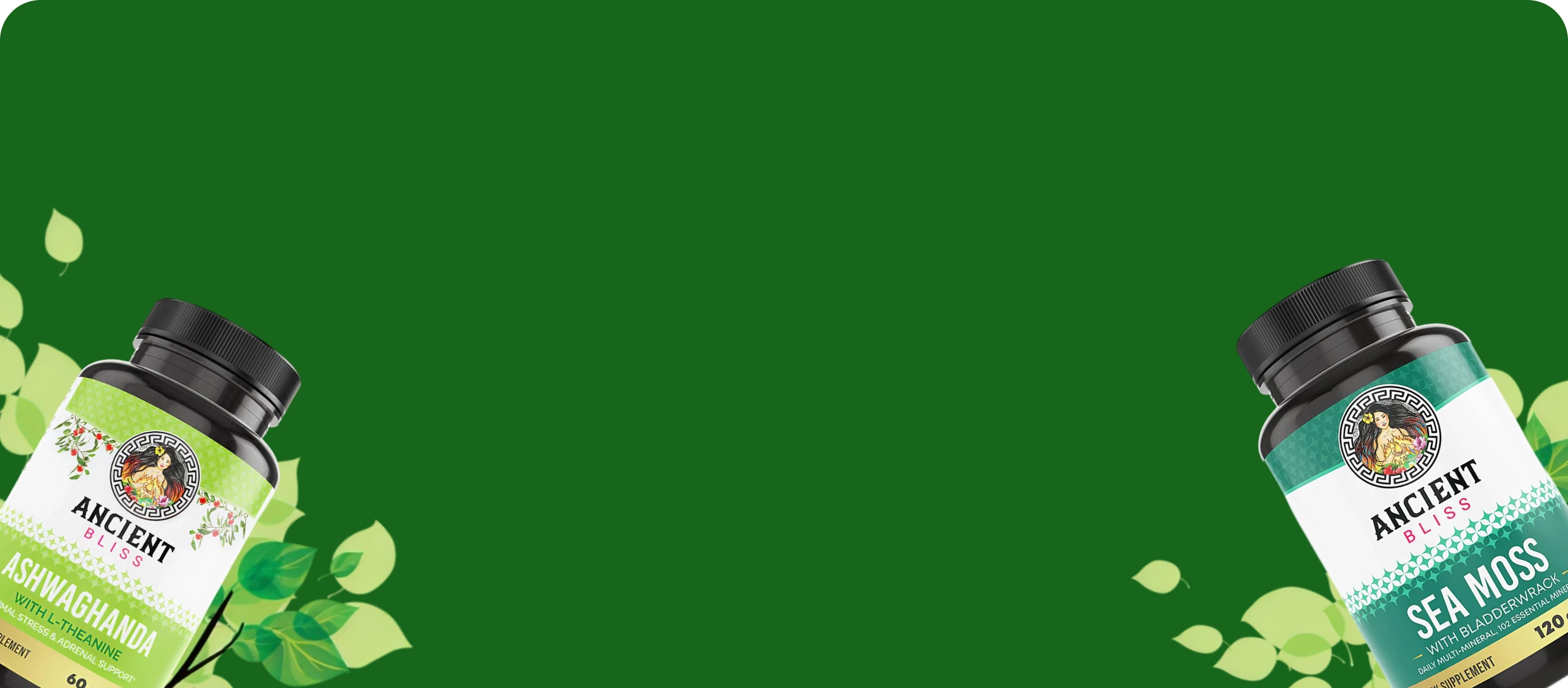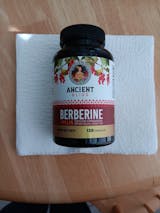The 9 Best Herbs For Your Gut, According to Science

The 9 Best Herbs For Your Gut, According to Science
It’s no secret that gut health plays a vital role in our well-being, longevity, and the body’s natural defense mechanisms (1). The gut is also linked to the brain and plays a role in mental health, appetite control, and possibly even sleep quality (2).
A healthy gut consists of countless beneficial bacteria that ward off disease, promote digestion, and aid the body with normal hormonal production.
With that in mind, we’ve compiled a list of nine amazing herbs with positive effects on gut health, according to science. Let’s review.
1. Marshmallow Root
Have you ever experienced heartburn or acid reflux? The uncomfortable feeling tends to occur after having a large meal, particularly one rich in fats. One option to prevent it from happening is to take antacids, such as Rolaids. Such medications are designed to reduce acidity in the stomach and alleviate the symptoms.
The good news is, marshmallow root appears beneficial for preventing these states from occurring in the first place.
2. Yellow Dock
Yellow Dock is a bitter herb that stimulates the production of saliva, digestive enzymes, and bile (3). As a result, we can better digest the foods we consume and absorb their nutrients to nourish ourselves. Because of this, Yellow Dock might also be useful for folks suffering from indigestion, acid reflux, and impaired nutrient absorption.
The plant also contains anthraquinones, which promote bowel movements and alleviate constipation.
3. Chamomile
Chamomile is a herb commonly consumed in the form of tea. According to research, the herb is effective at treating numerous GI issues, including (4):
- Diarrhea
- Indigestion
- Nausea
- Motion sickness
- Vomiting
The herb also appears beneficial for treating colic and fever in young children.
4. Red Clover
Red clover is a type of herb rich in phytoestrogens––substances that occur in various plants and have a chemical structure similar to oestrogen.
According to some preliminary research, red clover might offer benefits related to gut microbiota composition. Specifically, the plant appears to stimulate the populations of Pseudobutyrivibrio and Parabacteroide. Both of these microorganisms show promise in treating obesity, metabolic issues, and more.
5. Ginger
Ginger is perhaps the most popular herb on today’s list, and for good reasons. It promotes robust immune system health, aids with weight loss, and shows promise with blood glucose control (5).
Interestingly, ginger also appears beneficial for gut health. Studies show that ginger successfully treats nausea, morning sickness, and indigestion (6).
6. Cascara Sagrada
Cascara Sagrada is a herb that appears to alleviate constipation (7). The herb does so by promoting muscle contractions in the intestinal tract. As a result, stool moves along more freely through the bowels, resulting in improved bathroom habits.
The above effects are possible thanks to the herb’s anthraquinones contents. These chemicals are responsible for the laxative effects of Cascara Sagrada.
7. Blessed Thistle
Blessed thistle, also known as holy thistle, is a plant that’s typically consumed in the form of tea. It can also be found as a supplement and is generally sold as a powder or in capsule form.
According to research, blessed thistle might offer numerous health benefits, including:
- Liver protection
- Acne treatment
- Blood sugar control
- Prevention of age-related cognitive decline
The plant also appears to have favorable effects on gut health and may treat diarrhea and an upset stomach.
8. Hydrangea Root
Hydrangea root is another herb that shows a lot of promise for our health and vitality. Unlike other plants on our list, Hydrangeas are popular in gardening thanks to their beautiful blooms and unique colors.
Research suggests that the root might benefit our kidneys, bladder, and prostate. Hydrangea root also appears to have antioxidant properties and might help reduce the risk of excessive oxidative stress. Similarly, the root shows anti-inflammatory effects thanks to two compounds inside: skimmin and coumarin.
Together, the antioxidant and anti-inflammatory effects might prove to be beneficial for our gut health and digestive tract.
9. Rhubarb Root
Rhubarb root, also known as Rheum palmatum, is a herbal medicine commonly used to offer protection for the colon mucosal barrier (8). The root also offers potential benefits for:
- Stomach bleeding
- Constipation
- Indigestion
According to some preliminary research, rhubarb can also treat obesity and high blood cholesterol levels, both of which might have unfavorable effects on gut health.
Conclusion
Taking care of our gut health is essential. While seemingly insignificant, the gut communicates with the brain, endocrine system, and more. Research even suggests that up to 70 percent of our immunity originates from the gut.
So, if you’re looking for one simple and effective product that will promote gut health, check out Gut Support by Ancient Bliss.
In same category
-
![]()
The 9 Best Herbs For Your Gut, According to Science
The 9 Best Herbs For Your Gut, According to Science It’s no secret that gut health plays a vital role...
-
![]()
The 9 Best Herbs For Your Gut, According to Science
The 9 Best Herbs For Your Gut, According to Science It’s no secret that gut health plays a vital role...
-
![]()
The 9 Best Herbs For Your Gut, According to Science
The 9 Best Herbs For Your Gut, According to Science It’s no secret that gut health plays a vital role...






